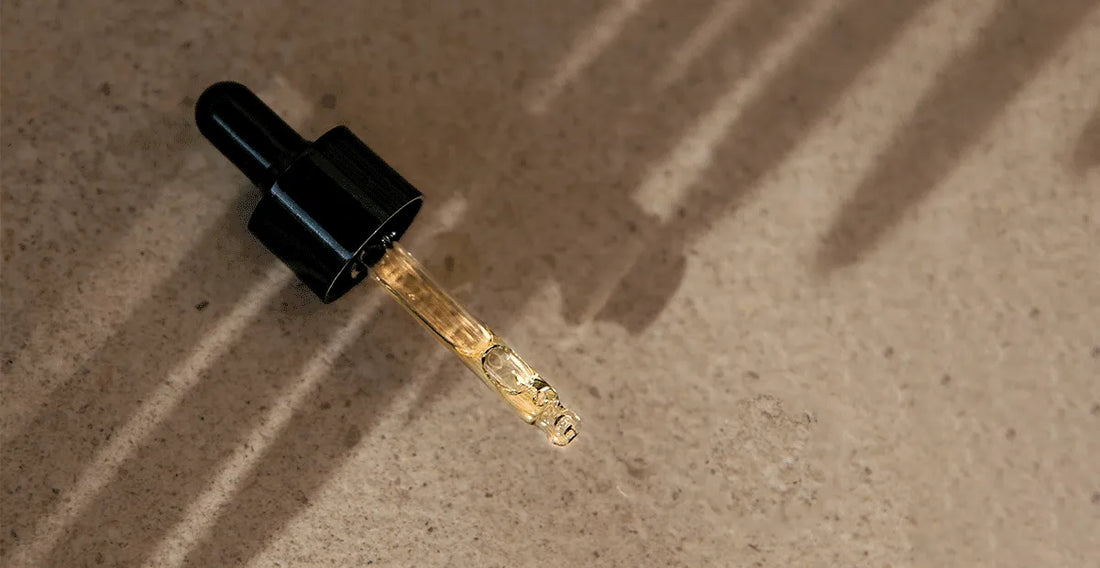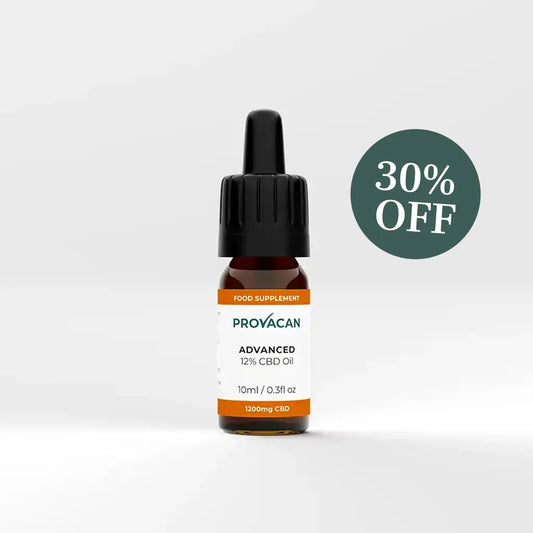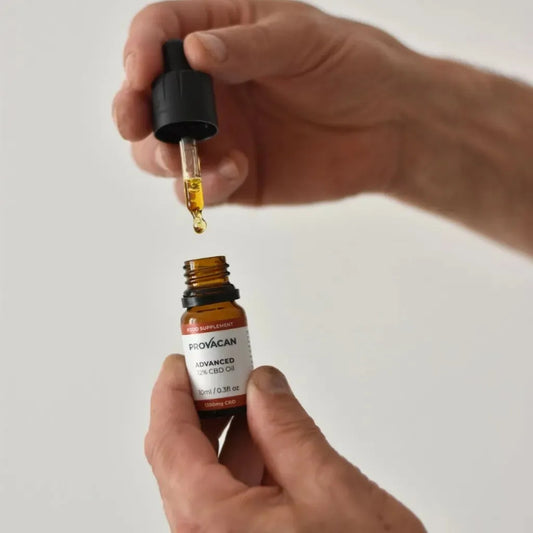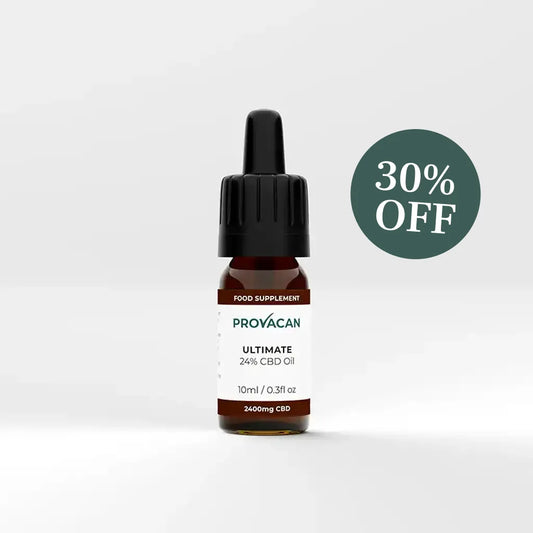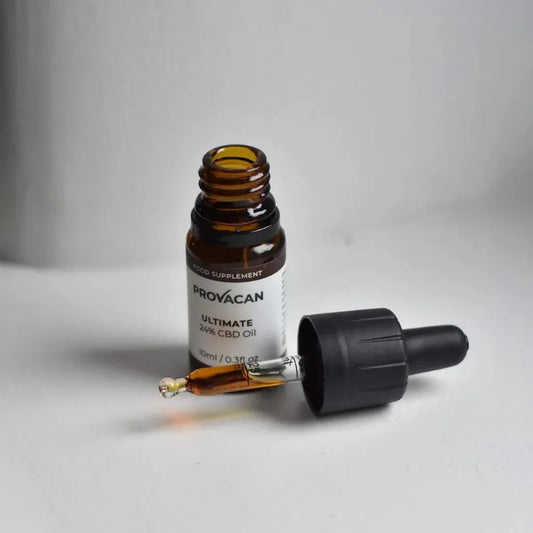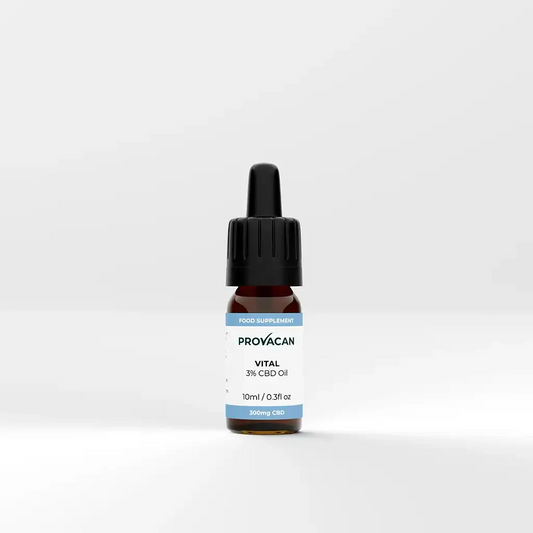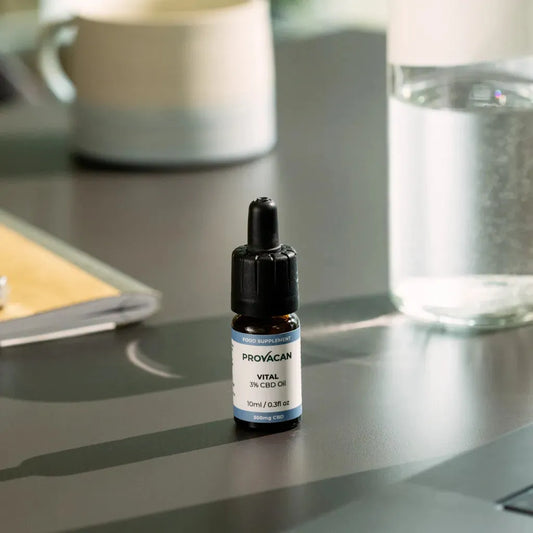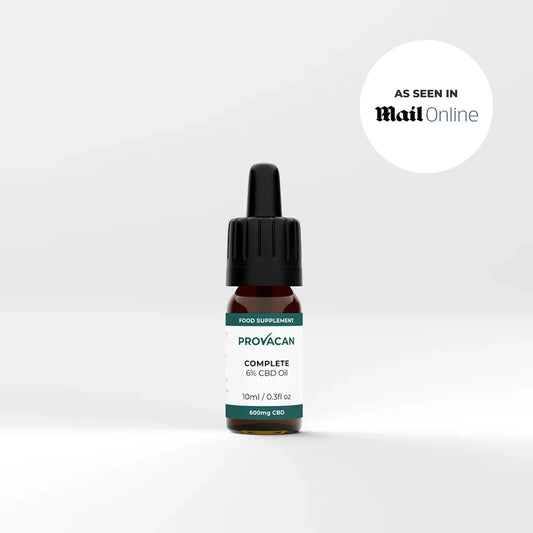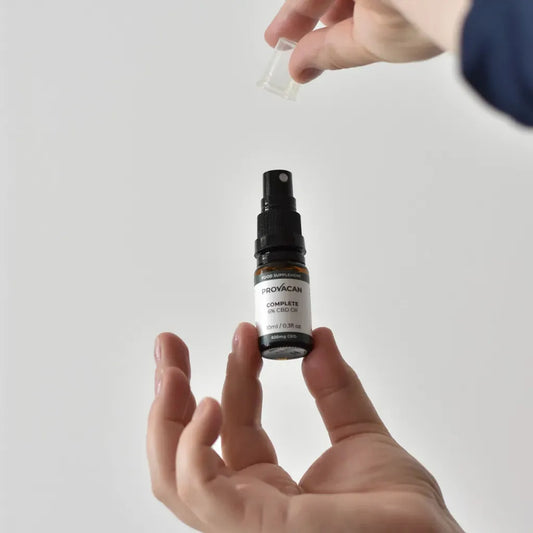Is CBD Oil Addictive? What You Need To Know
In recent years, CBD oil has garnered significant attention in the wellness industry, sparking curiosity and debates around its effects and safety. This article aims to delve into this pertinent query, providing clarity and understanding about CBD oil, its properties, and its interaction with the human body.
By unpacking the science behind CBD oil, exploring the nuances of addiction, and addressing common concerns, we aim to offer a comprehensive overview to reassure and inform our readers. Let's explore the nature of CBD oil, debunk myths, and address your pressing questions, ensuring you are well-informed about this increasingly popular wellness product.
Understanding how CBD oil works
Effects of CBD Oil
CBD oil, a natural extract from hemp plants, is renowned for its therapeutic benefits. Unlike THC, another compound found in cannabis, CBD does not produce a psychoactive 'high'. Instead, it interacts with the body’s endocannabinoid system, which regulates mood, sleep, appetite, and pain sensation. This interaction is key to the potential benefits of CBD oil.
By engaging with this system's receptors, CBD oil can help manage a variety of symptoms like anxiety, pain, and sleep issues, without the intoxicating effects of THC. This non-psychoactive aspect makes CBD oil a preferred option for those seeking relief while maintaining daily functionality.
CBD oil's versatility in forms like tinctures, capsules, and topicals allows users to choose their preferred method of consumption. This variability caters to different needs and lifestyles, providing a flexible approach to wellness. Overall, the effects of CBD oil, stemming from its interaction with the endocannabinoid system, offer a natural, non-intoxicating solution for those exploring alternative health options.
Can You Become Addicted To CBD?
A common concern is whether CBD oil is addictive. Understanding the difference between addiction and physical dependence is crucial here. Addiction involves compulsive behaviour despite harmful consequences, while physical dependence is about the body’s adaptation to a substance.
CBD oil does not seem to cause addiction or dependence, primarily because it lacks the euphoric effects often linked with addictive substances. These euphoric effects in cannabis are caused by THC (Tetrahydrocannabinol), the psychoactive compound, not CBD (Cannabidiol). CBD does not produce a 'high' as it doesn’t bind directly to the brain's primary cannabinoid receptors like THC does.
This lack of psychoactivity means CBD can offer therapeutic benefits such as reducing anxiety and pain without the addictive 'high'. The World Health Organization has noted that CBD doesn't show signs of abuse or dependence potential, affirming its safety profile in terms of addiction risk.
In conclusion, the absence of euphoric effects due to the omission of THC is a key reason why CBD oil is not considered addictive. This makes it a low-risk option for those seeking natural wellness solutions without the worry of dependency.
Are There Withdrawal Symptoms for CBD Oil?
When discussing the potential for addiction to CBD oil, one key aspect to explore is the presence or absence of withdrawal symptoms. Unlike many substances that are known to cause physical dependence, CBD oil does not typically result in severe withdrawal effects.
This is an important distinction, particularly when considering the safety and long-term usage of CBD products. Individuals who cease using CBD oils might notice mild discomfort or a shift in their existing symptoms, but these experiences are generally mild. This contrasts starkly with the withdrawal symptoms often associated with addictive substances, which can be severe and physically debilitating.
Moreover, the mild nature of these symptoms, if present at all, is indicative of the non-addictive properties of CBD oil. This is crucial for users who rely on CBD for therapeutic purposes, such as managing anxiety, pain, or sleep disorders. The absence of severe withdrawal symptoms means that individuals can use CBD oil as part of their wellness routine without the fear of developing a dependency.
However, it's important to note that everyone's experience can vary, and some may experience a more noticeable change in their symptoms upon discontinuation. As with any supplement or health product, it's advisable to consult with a healthcare professional, especially when considering starting or stopping the use of CBD oil.
Can CBD Be Used To Treat Addiction?
The intriguing potential of CBD oil in the realm of addiction treatment has garnered attention in recent scientific studies. This interest primarily stems from how CBD interacts with the body's endocannabinoid system, a complex network that plays a key role in regulating various physiological processes, including mood, pain sensation, and appetite.
In the context of addiction, CBD's influence on this system might be significant in addressing two critical aspects of recovery: cravings and anxiety. These factors are often major hurdles in overcoming addictive behaviors, and the ability of CBD to potentially modulate them could be a groundbreaking discovery in addiction treatment.
However, while these findings are promising, they are still in the preliminary stages. It's crucial to maintain a cautious stance when discussing the role of CBD oil in treating addiction. The medical community requires more extensive research and clinical trials to fully understand the efficacy and safety of CBD in this capacity.
Therefore, any assertions about CBD oil as a definitive treatment for addiction should be avoided. Instead, it's more appropriate to acknowledge the potential of CBD as an area of ongoing research, underscoring the need for further investigation to draw concrete conclusions. This approach ensures that the discussion remains both informed and responsible, aligning with current scientific understanding and regulatory guidelines.
To learn more about CBD oil and its uses, you might find these articles helpful:
Remember, when considering CBD oil, it's crucial to choose quality products from reputable sources like Provacan, which prioritise transparency, quality, and customer care.
Understanding the effects of CBD oil, and addressing concerns about whether CBD oil is addictive, are key steps in making an informed decision about incorporating CBD into your wellness routine.
By providing accurate information and addressing common questions, we hope to empower you in your health and wellness journey.

